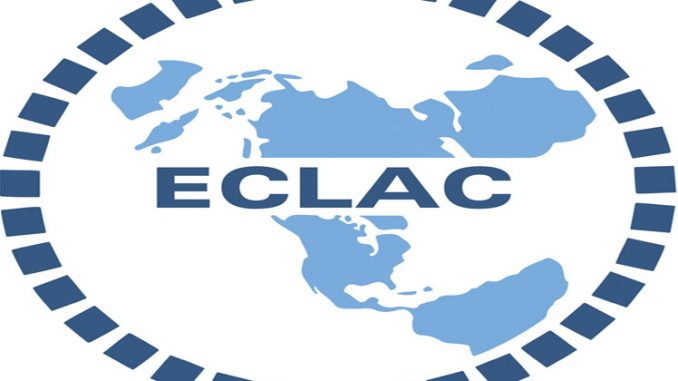
(Prensa Latina) Despite important political changes in Latin America, reaching fiscal agreements will be a challenge for administrations, officials of the Economic Commission for Latin America and the Caribbean (ECLAC).
The agency’s executive secretary, Alicia Bárcena, pointed out that the area started 2022 more indebted, poor and angry, but the current transformations can be opportunities to reduce tax evasion, eliminate tax havens and illicit financial flows, pressing problems of its economy.
Speaking at the colloquium: Biden’s fiscal revolution. What consequences will it have for Europe and Latin America?, organized by the Spanish Alternatives Foundation and Casa de América, Bárcena highlighted the importance of joint action.
“We are not acting with a single voice. Faced with global issues, the region must have a much clearer and more unified position,” the executive secretary insisted, according to the commission’s Twitter account.
In her words, the directive addressed the asymmetries between developed and developing countries, which deepened during the Covid-19 pandemic, and warned that the fiscal stimuli applied in Latin America and the Caribbean are more to alleviate the crisis and not so much for reconstruction.
In this regard, she commented that the area has not entered the recovery and strategic planning phase, which she described as very worrying.
Bárcena pointed to tax evasion by multinationals as one of the main problems in Latin America, which has annual losses of 40 billion dollars for this reason.
Likewise, she underlined the harmfulness of asymmetries and the culture of privilege, which at the international level favors those who have more resources, since “the winners always receive the benefits.”
She specified that the tax redistribution proposal only applies to large companies with revenues of over 22 billion dollars, so there are many pending tasks and one of them is to overcome this culture of privilege that encourages evasion.
This phenomenon currently reaches 6.1 percent of the gross domestic product, according to ECLAC, for which a new generation of tax policies is required to improve the level of collection and its composition.
Latin America and the Caribbean is the region with the lowest level of investment in the world, with 19 percent, when the rest is around 26, Bárcena stressed.

Be the first to comment